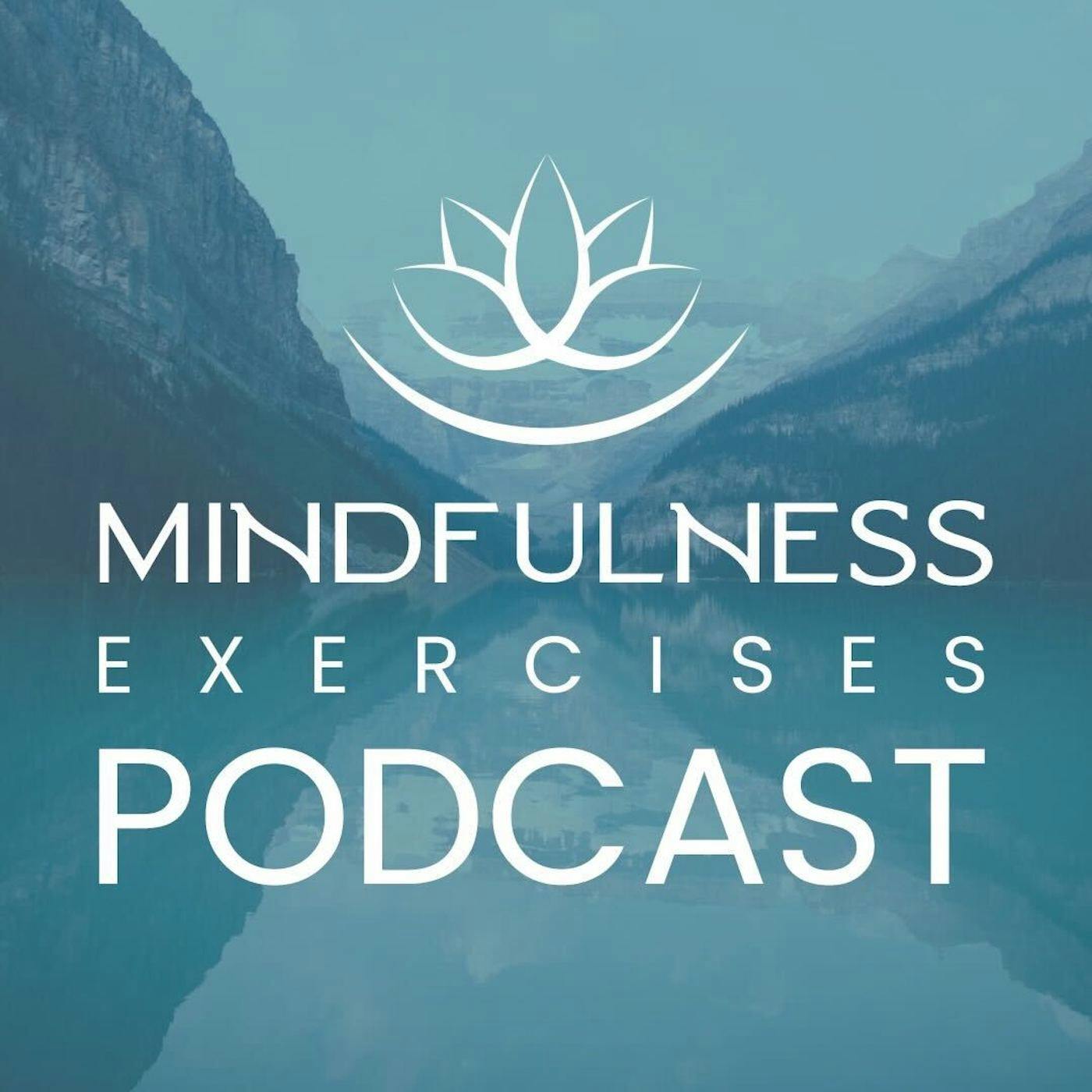
Why Meditation Can Be More Powerful Than Morphine for Pain Relief

Mindfulness Exercises
Deep Dive
Shownotes Transcript
It's pretty remarkable that mindfulness meditation
can be more powerful than morphine. Morphine has been shown to, on average, reduce chronic pain by about 25% around that percentage. Mindfulness meditation has been shown to, on average, reduce chronic pain by about 40%, and in some cases up to 93% with short-term and long-term benefits. There are many different kinds of meditation.
There's loving kindness, there's mantra meditation, concentration exercises. There's a whole host of different kinds of meditations. Mindfulness is one kind of meditation. And mindfulness is simply the act of bringing your awareness to what you're actually experiencing in the present moment without judgment. So it sounds simple and it's not that easy.
to bring non-judgmental awareness on purpose to your experience, both in your body and your mind, without judgment is very difficult to sustain over and over and over again. But we found that with mindfulness, patients with chronic pain and depression and anxiety
are more able to differentiate between the physical sensations in the body and your thoughts about the sensations and the memories that you have around your pain or resentment around your pain or anxiety or feelings of overwhelm around your pain and also people who
cope with chronic pain by either feeling overwhelmed and anxious or who feel like they want to check out from their experience, who want to ignore or get away from their pain. We found that mindfulness is a great bridge to bring them back to the present moment with a sense of non-judgment and really sense into what are the actual sensations that I'm experiencing right now.
what does this pain feel like? Can I bring courage to be with it rather than to fight it or ignore it? And over time, the more chronic pain patients do this, the more gray matter is actually grown in the prefrontal cortex, the stronger the thalamus is in the insula and helping to
know which pain signals are worth paying attention to and to increase proprioception inside the body and it also deactivates portions of the amygdala which decreases the emotional response to pain which is often very harmful and actually increases pain. So mindfulness is really helpful in the
In the brain, neuroscience research is showing how important it is to increase cognitive function and decrease emotional responsiveness to pain and engage the patient into their real life experience, bring courage to be with their pain and to remove the physical sensations from all of the anxiety and
of overwhelm around the pain.